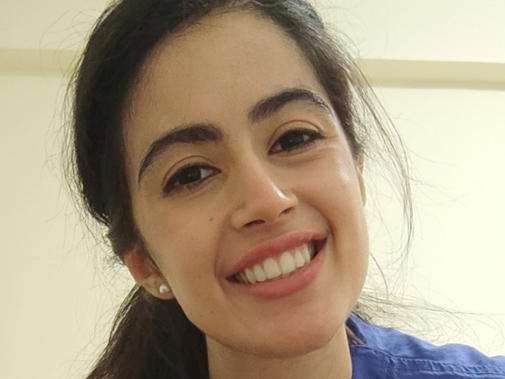Please note that the article contains plot spoilers
Over the last few weeks, you may have seen the BBC’s latest show about a junior doctor working relentlessly and hanging on by a thread. It’s a true tale. Adam Kay was a junior doctor from 2004 to 2010, who wrote a book after keeping diary entries throughout his career.
It makes for difficult viewing – he does double shifts, barely manages to eat due to the constant pressures and his personal life takes a battering. This is difficult enough to watch but the hardest part by far was seeing this intense pressure become too much for his colleague, to the point where she takes her own life.
What’s most shocking of all is that the issues the programme raises aren’t shocking to me. I’m a junior doctor in the Welsh NHS and this is our reality.
Whilst Adam worked back in 2010, things haven’t changed for junior doctors. I’ve heard from my colleagues how they, like Adam, have been unable to muster the energy to drive home after a shift. How they too felt they were steering the ship alone, waiting for the iceberg to hit. During the pandemic, I was coming towards the end of a very busy shift and had to go home to isolate. I was so tired and ended up taking a two-hour nap in the hospital car park. I woke to find I’d spilt coffee all over my phone.
People should be shocked to hear that there aren’t always facilities in hospitals to allow junior doctors to take meaningful rest. A couple of years ago, BMA Cymru Wales in partnership with Welsh Government and NHS Employers, launched a Fatigue and Facilities Charter. It essentially means employers are required to provide good-quality facilities, particularly for staff working at night and at the end of night shifts.
Fatigue and tiredness happen and when they do, there should be plans in place to help doctors. These standards will make sure that NHS Wales is a safer place to work for junior doctors in training and, ultimately, provide better outcomes for patients. Would you want an exhausted doctor treating your loved ones when their life is on the line?
Further joint working is essential to make sure the issues faced by junior doctors in Wales are addressed and it’s something the BMA is committed to fighting for.
In the show, we see Adam piloting the ship alone. It raises the issue of safe staffing in the NHS and it’s not just something felt by doctors but all healthcare workers.
In 2019 Welsh Government committed to ensure that safe nurse staffing levels in the Welsh NHS was made law. Whilst this legislation was widened in 2021 to cover more patient wards, there’s still nothing similar to ensure safe numbers of doctors or other medical staff.
Staff sickness and rota gaps are frequent scenarios and colleagues are often left carrying multiple bleeps, running from end to end of the hospital with crash calls, and trying to keep our sickest patients alive, whilst patients continue to enter, waiting for hours without a bed at the hospital's front door.
Patients are right to expect there to be safe levels of all types of staff in the Welsh NHS. Understaffed hospitals have put a strain on our health service for too long and the safety of our doctors and our patients depend on staff working within a safe system. This has become even more strained since the pandemic.
As for the show, I hope it demonstrates just how hard junior doctors work and that the system we work in needs to be better. Because if it isn’t, we’ll all suffer the consequences.
Aleena Haider is a junior doctor and co-chair of BMA Cymru’s Welsh junior doctors committee
Free and confidential 24/7 counselling and peer support services are open to all doctors and medical students (regardless of BMA membership), plus their partners and dependents. Call 0330 123 1245

